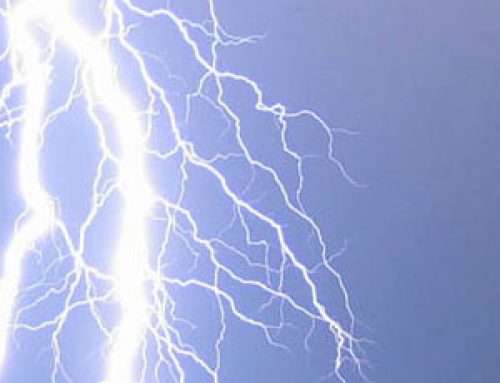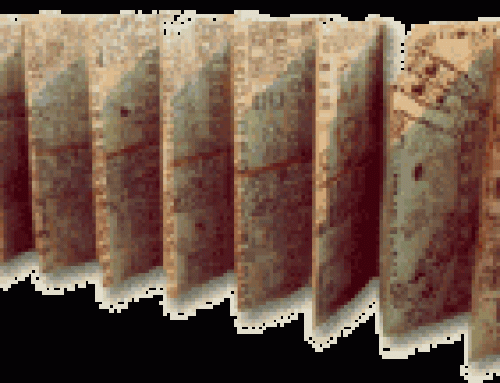
What is an oracle? The Greek oracle at Dodona in northern Greece
Greek oracle definition:
What is an oracle?
The definition of the word oracle is actually pretty tricky. The word oracle in Greek can mean several related things, because Greek had fewer words than English does. An oracle means a god who predicts the future, like Apollo.
(More about the Greek god Apollo)
But an oracle also means the priest who hears the message, and the message itself, and the place where the priest hears the message. Most often it means the priest or the message.
The Greeks believed (like all other ancient people) that you could communicate with the gods at certain places, at certain times, through certain people, and that the gods would give you advice and maybe tell you what was going to happen in the future.

Consulting the Delphic oracle
Why did Greek people believe in oracles?
This is certainly no stupider than visiting the Psychic Source website, which thousands of people do every day. Actually, it probably makes more sense than that.
First of all, both the Greek oracles and the Psychic Source have in common that they hear the same questions over and over. They listen all day to people telling more or less the same kinds of stories over and over. “Will my boyfriend leave me?” “Will my kids turn out bad?” “Will I get this job?”
After you have some experience, you can predict pretty well what will happen just because you have already seen the same thing happen to so many other people.
How did a Greek oracle predict the future?
But the Greek oracles had a couple of advantages too. First, you didn’t just come and ask your question. You had to hang around the temple for a while, talking to the priests, so they could get to know you. And they could see you, not just hear your voice on the telephone. Second, everybody came to the same few oracles for help, and the priests at these oracles (unlike the Psychic Source) compared notes with each other.
(More about the oracle at Delphi)
So if you asked “Should I get married?” and the oracle said “Yes,” and then next week your girlfriend comes and she asks, “Will Gorgias ask me to marry him?” then the oracle already knows the answer to that one. There is every reason to think that the oracles were worth the money they charged.
Where were the Greek oracles?
The most important Greek oracle was the oracle of Apollo at Delphi, though there were many others. Other countries like Egypt, the Persian Empire, and the Roman Empire, also had oracles.
The oracle at Delphi: fortune-telling for governments
The oracle at Delphi, in northern Greece, had a special function. It was a very expensive oracle, too expensive for most ordinary people. But Delphi would answer questions from governments looking for directions. When the Lydian king Croesus wanted to know whether to fight the Persian king Cyrus, he asked the oracle at Delphi. When the Athenians wanted to know whether to fight the Persians under Xerxes, a couple of generations later, they asked Delphi too.
Here, again, the oracle at Delphi might be able to give good advice. Ambassadors from all countries spent a month, or a few months, hanging around Delphi waiting for their answer. Meanwhile, they talked to the priests, and to the other ambassadors. Probably Delphi was better informed than anybody else about the intentions of governments and kings.
Could you bribe an oracle to get the answer you wanted?
Sure, sometimes you could. A terrible earthquake knocked down the temple at Delphi in 548 BC. Then a wealthy Athenian family, the Alcmaeonids, paid a fortune to rebuild the temple. Out of gratitude, the Delphic oracle gave advice that favored this family for the next century and a half.





[…] Oracles in ancient Greece […]